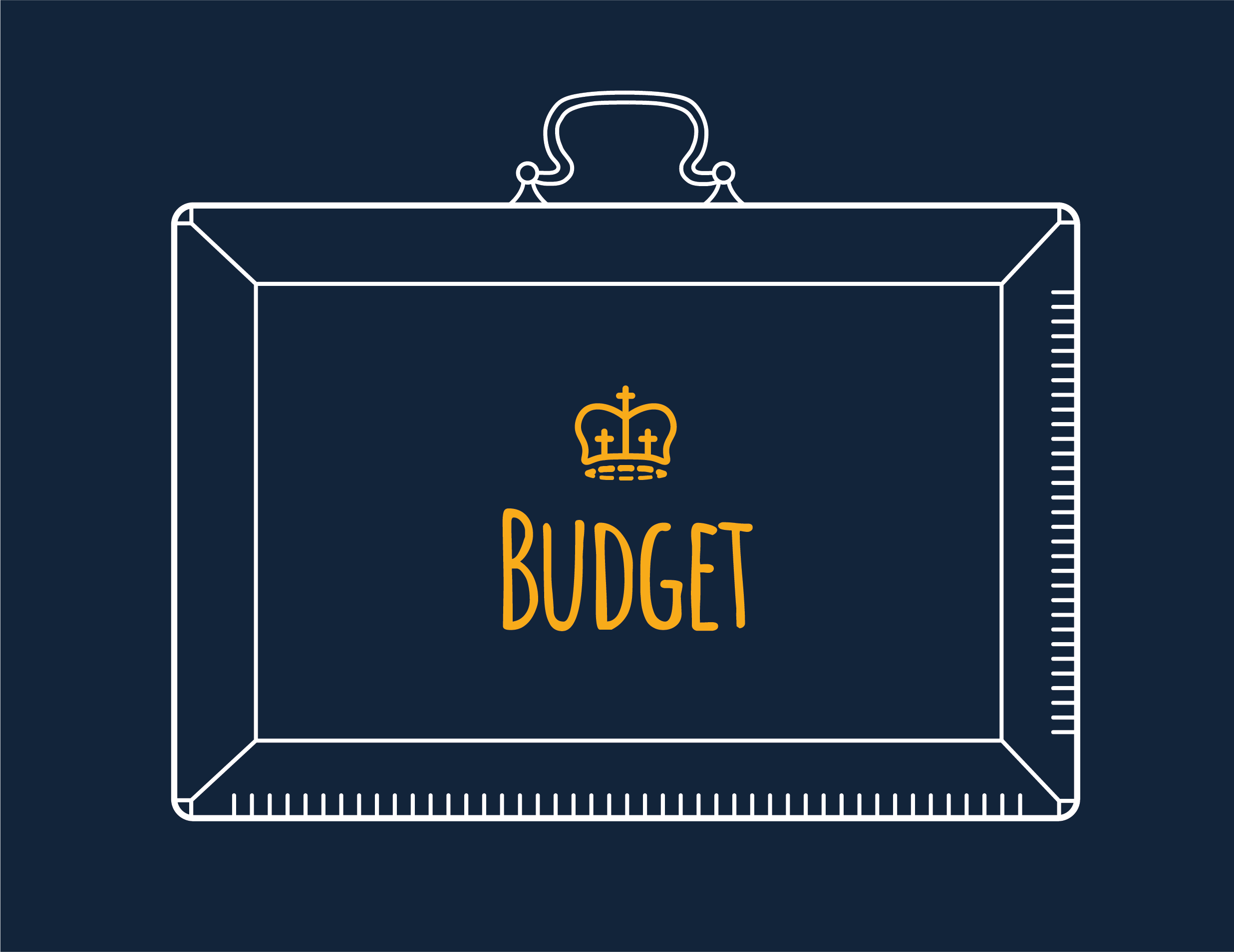
Choosing a beneficiary ensures that your estate – life insurance, money and possessions – goes to the person, or people, you want it to.
If you’re thinking of taking out life insurance or writing a will, then it is a good idea to sit down and decide who you want to leave your assets to. Our guide highlights everything you need to know when choosing a beneficiary.
Why you need to choose beneficiaries
There are a number of reasons why choosing beneficiaries is a good idea:
• Choosing beneficiaries leaves no doubt as to who your money, life insurance and assets should go to. It ensures that your money and possessions pass to the people who matter to you most.
• It can speed up the distribution of your estate, particularly the payment of any insurance policies.
Four common beneficiaries you could consider
You can nominate anyone as a beneficiary, but ordinarily your beneficiaries will be ‘dependents’ – particularly those people who are financially dependent on you.
These can include:
• Your partner or spouse – As well as your spouse or civil partner, you may also need to consider any former spouse or civil partner who has not remarried, or any partner that you have been living with but are not married to/in a civil partnership with.
• Children – As well as your biological children you may also have to nominate any adopted or step-children, or anyone you have been a guardian for.
• Other family members – You may need to nominate other family members that you have been supporting financially (for example an ill or elderly relative). You may also wish to leave something to non-dependent family members.
• Friends – You may have friends that you would like to leave something to. This could be money, or a specific gift.
• Charities – Any cash gifts that you leave to a registered charity are not subject to Inheritance Tax. You may wish to nominate a charity as a beneficiary – you do this by stating the exact name, address and registered charity number of the charity who you wish to benefit.
The importance of regularly reviewing your beneficiaries
Once you have nominated your beneficiaries, it is important to regularly review them.
Firstly, your assets are likely to change over time. You may take out more life insurance, save more money, or the value of your assets might rise or fall. This may mean that you have to change how you allocate your estate.
Secondly, family disputes are increasingly common and with 42% of marriages ending in divorce, incidences of estrangement are all too common. Arguments can see family members separate for lengthy periods of time and in some cases, the situation never gets resolved. Stand Alone charity estimates that around 1 in 5 UK families are affected by family estrangement.
If your circumstances change – perhaps you divorce or remarry – you may need to change who your beneficiaries are. If you don’t, you may find that your money and assets aren’t passed to the people that you want.
Do you need to protect a beneficiary?
There are many occasions when the beneficiaries you nominate may have to be protected and safeguards put in place. For example, your beneficiary may be a child or someone with disabilities or mental health issues.
Many people handle this by setting up a trust. This means that the assets and money that you bequeath can be managed by people that you trust to act in the best interests of your beneficiary, or until a time when they can look after themselves.


